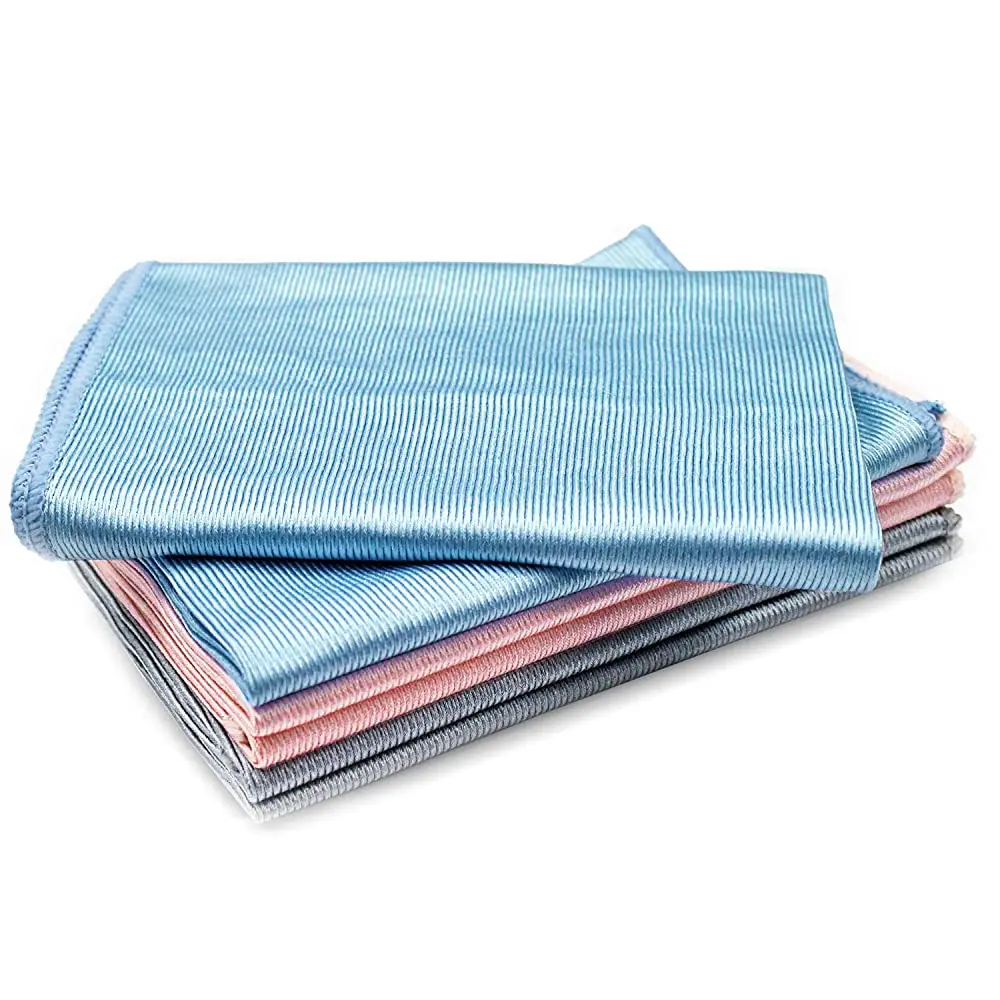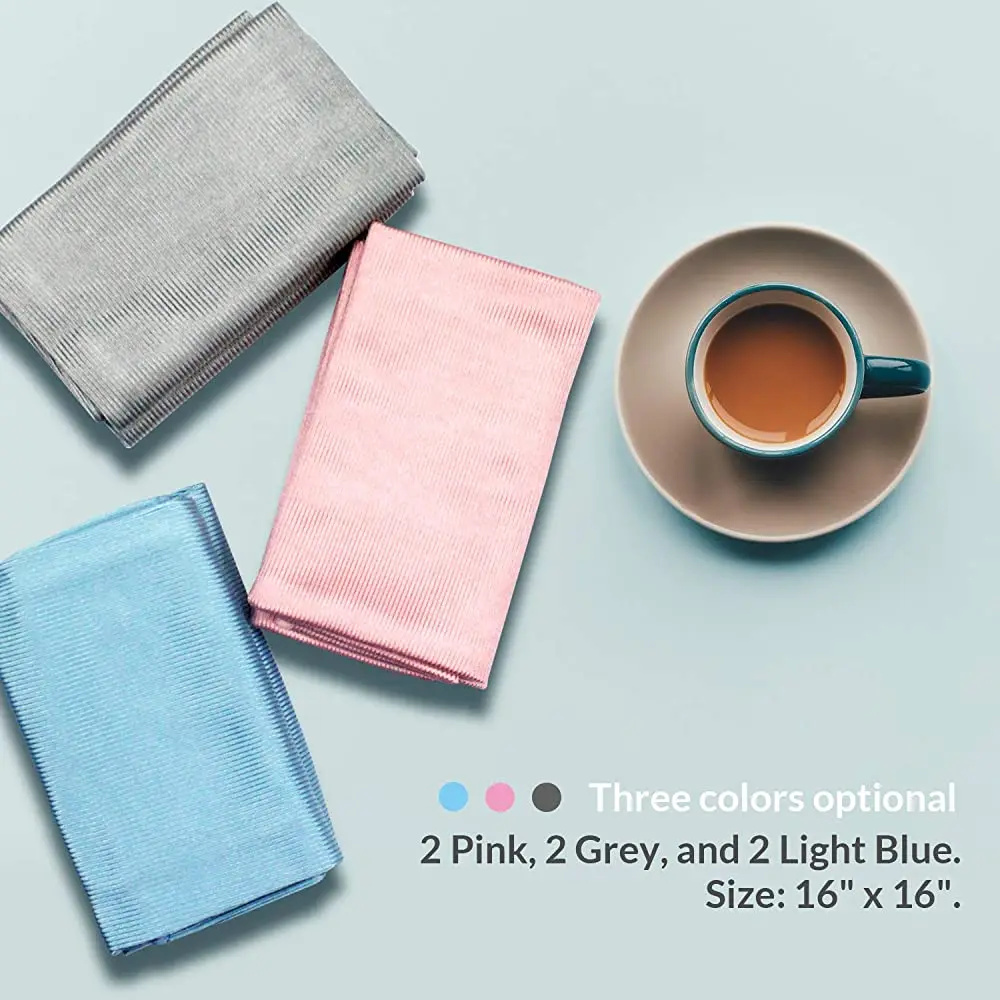Everything You Need to Know About Windshields in 2025
Windshields are a critical component of any vehicle, providing safety, visibility, and structural support. Whether you're a buyer looking for replacements or a business sourcing in bulk, understanding the nuances of windshields is essential. This guide will walk you through the types, features, and buying considerations to help you make informed decisions.
How to Find Reliable Windshields from China in 2025
China remains a top destination for sourcing high-quality windshields at competitive prices. To find reliable suppliers, start by researching manufacturers on platforms like Alibaba or Global Sources. Look for suppliers with verified certifications (e.g., ISO 9001) and positive customer reviews. Request samples to test quality before placing bulk orders. Additionally, consider working with a local agent to navigate logistics and ensure compliance with international standards.
What Buyers Should Know Before Buying Windshields from China
Before purchasing windshields from China, verify the supplier's production capacity and lead times. Ensure the product meets safety standards like DOT (Department of Transportation) or ECE (Economic Commission for Europe). Discuss packaging and shipping options to avoid damage during transit. Lastly, clarify warranty terms and after-sales support to safeguard your investment.
Types of Windshields
There are several types of windshields, each suited for different vehicles and purposes:
- Laminated Windshields: Made of two glass layers with a plastic interlayer, offering superior safety and noise reduction.
- Tempered Windshields: Heat-treated for strength, commonly used for side and rear windows.
- Acoustic Windshields: Designed to reduce road noise, ideal for luxury vehicles.
- Heated Windshields: Embedded with heating elements to prevent frost and fog.
Functions and Features of Windshields
Modern windshields go beyond just providing visibility. Key functions include:
- Safety: Prevents ejection during accidents and supports the vehicle's roof.
- UV Protection: Blocks harmful UV rays to protect passengers and interior.
- Advanced Driver Assistance Systems (ADAS): Some windshields integrate sensors for features like lane departure warnings.
Scenarios of Windshields
Windshields are used in various scenarios, from passenger cars to commercial trucks. They are also essential for off-road vehicles, where durability is paramount, and electric vehicles, which often require specialized designs to accommodate unique aerodynamics.
How to Choose Windshields
Selecting the right windshield involves considering:
- Vehicle Compatibility: Ensure the windshield fits your make and model.
- Material Quality: Opt for OEM or OEM-equivalent glass for durability.
- Budget: Balance cost with quality, especially for bulk purchases.
Windshields Q & A
Q: How long does a windshield typically last?
A: With proper care, a windshield can last 10+ years, but chips or cracks may necessitate earlier replacement.
Q: Can I install a windshield myself?
A: DIY installation is not recommended due to safety risks. Professional installation ensures proper sealing and alignment.
Q: Are aftermarket windshields as good as OEM?
A: High-quality aftermarket options can match OEM performance, but always verify certifications.
Q: How do I prevent windshield cracks from spreading?
A: Use a repair kit immediately or seek professional help to avoid further damage.
Q: What’s the average cost of a windshield replacement?
A: Costs vary by vehicle type, ranging from $200 to $1,000, excluding labor.


















